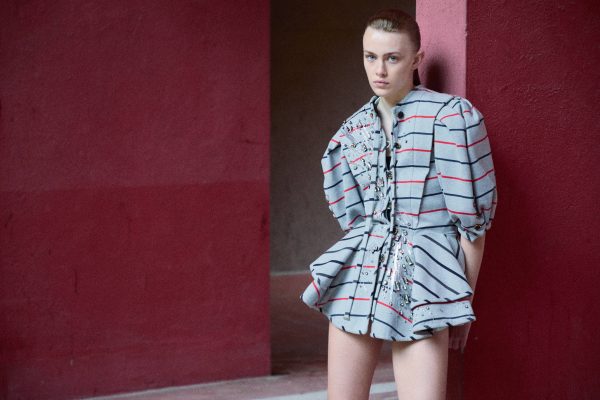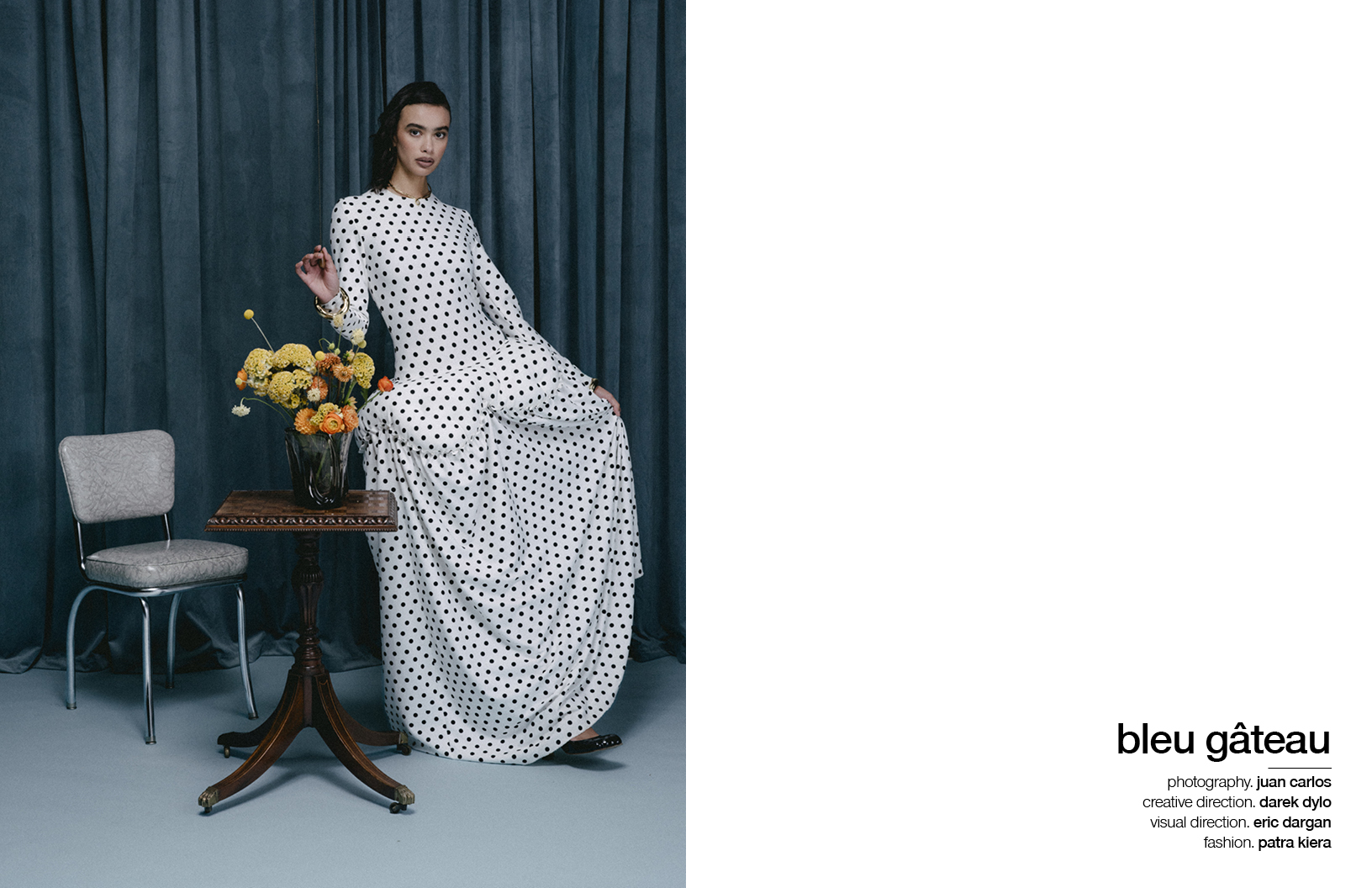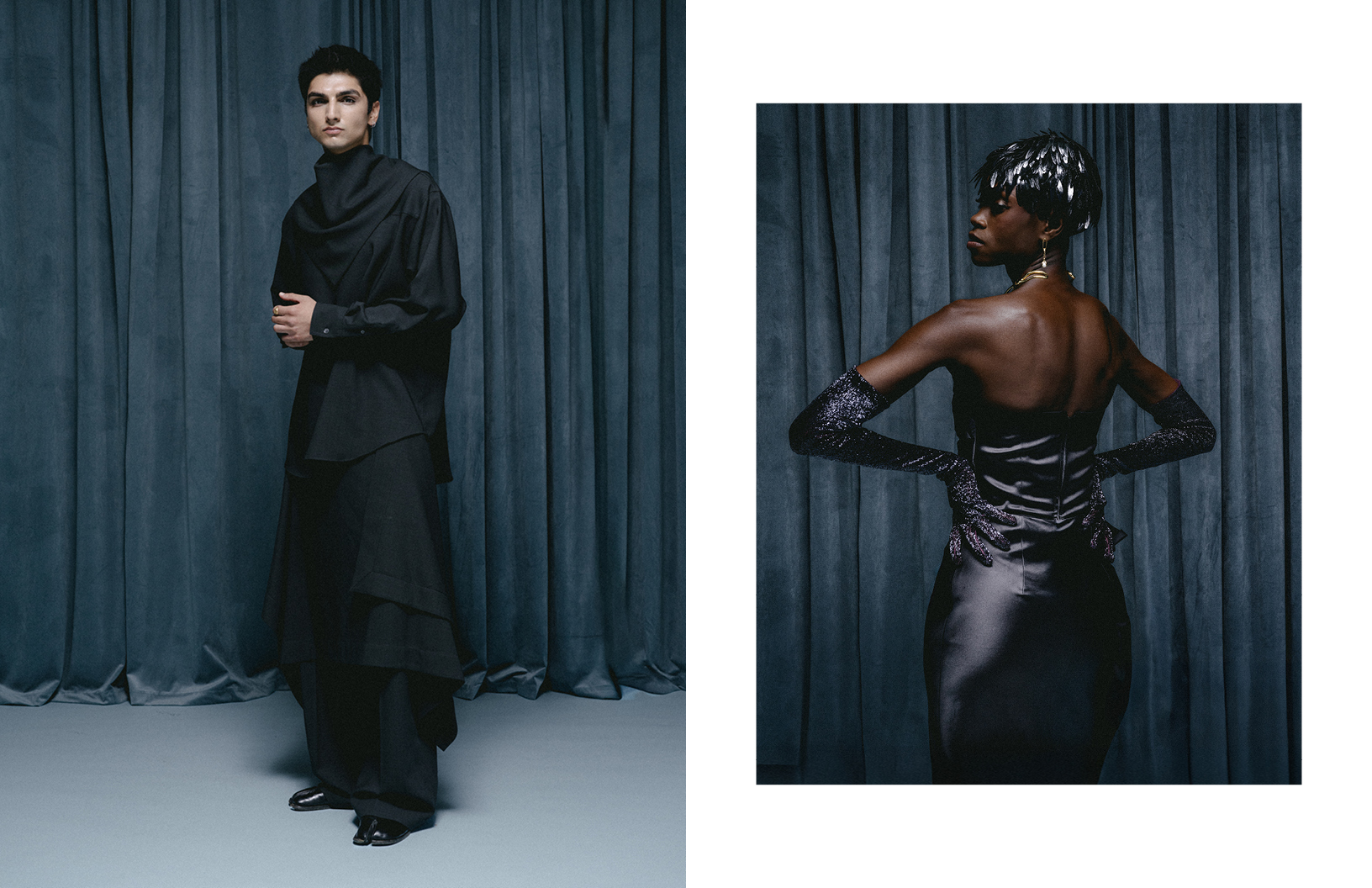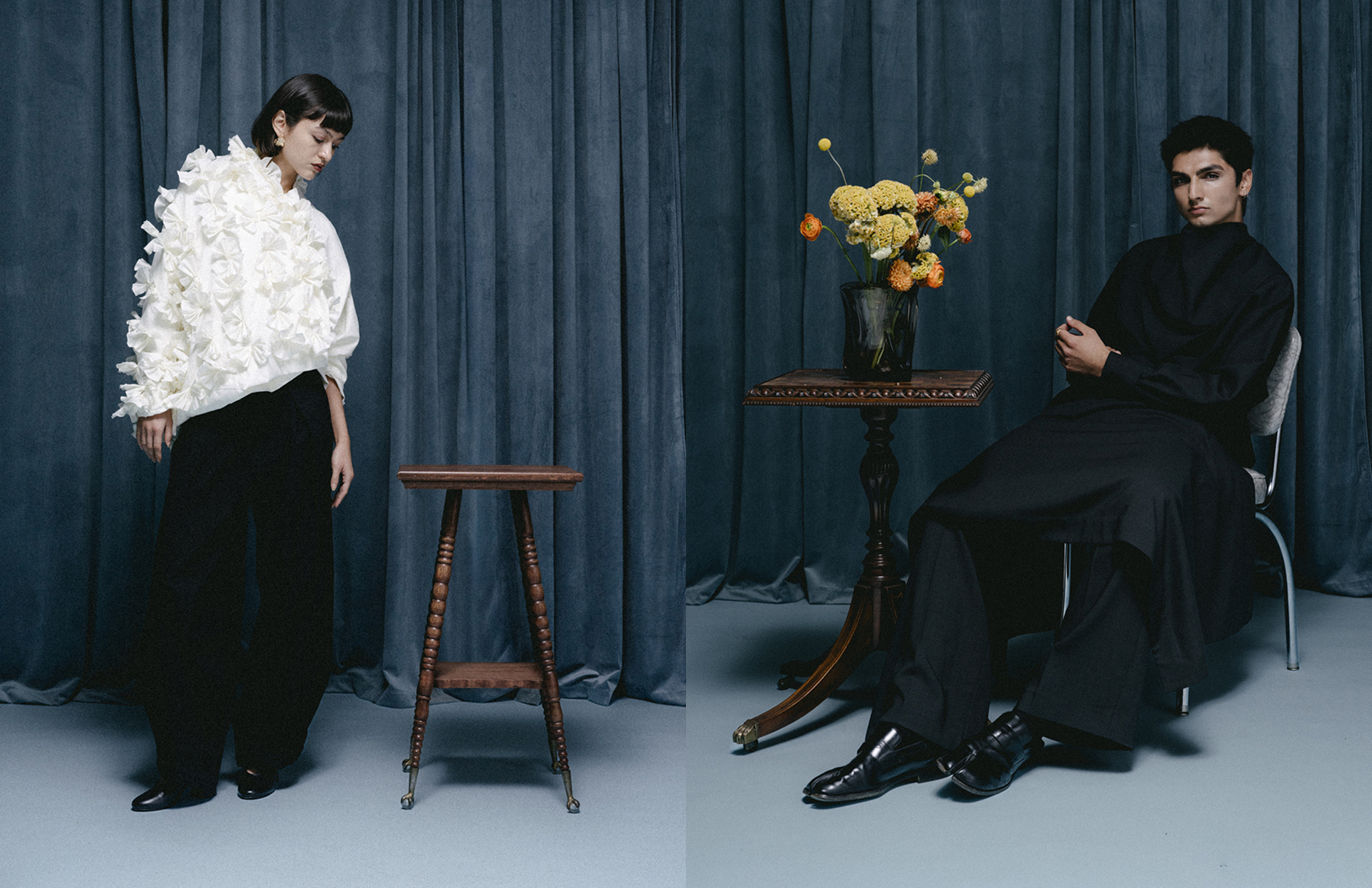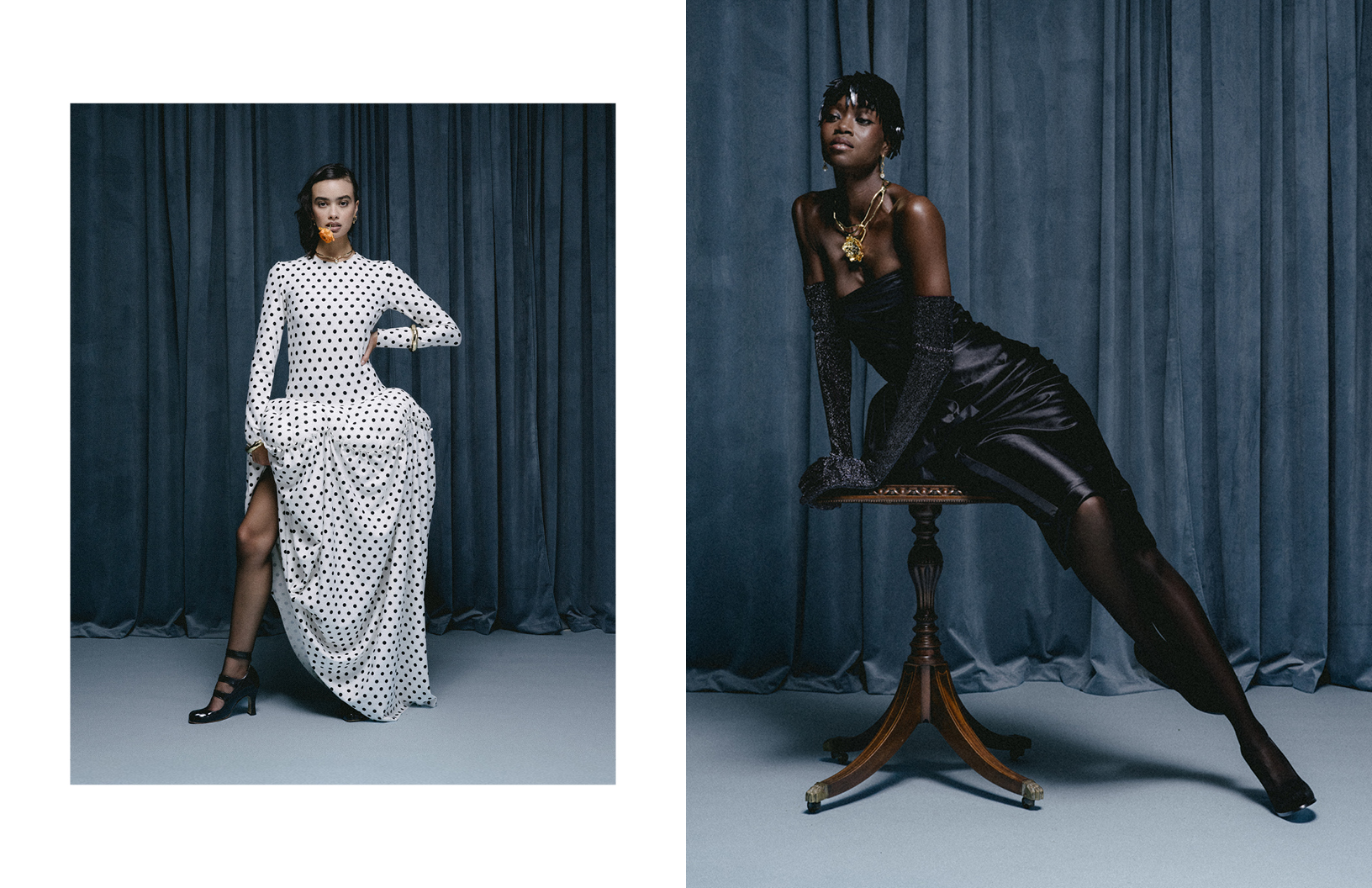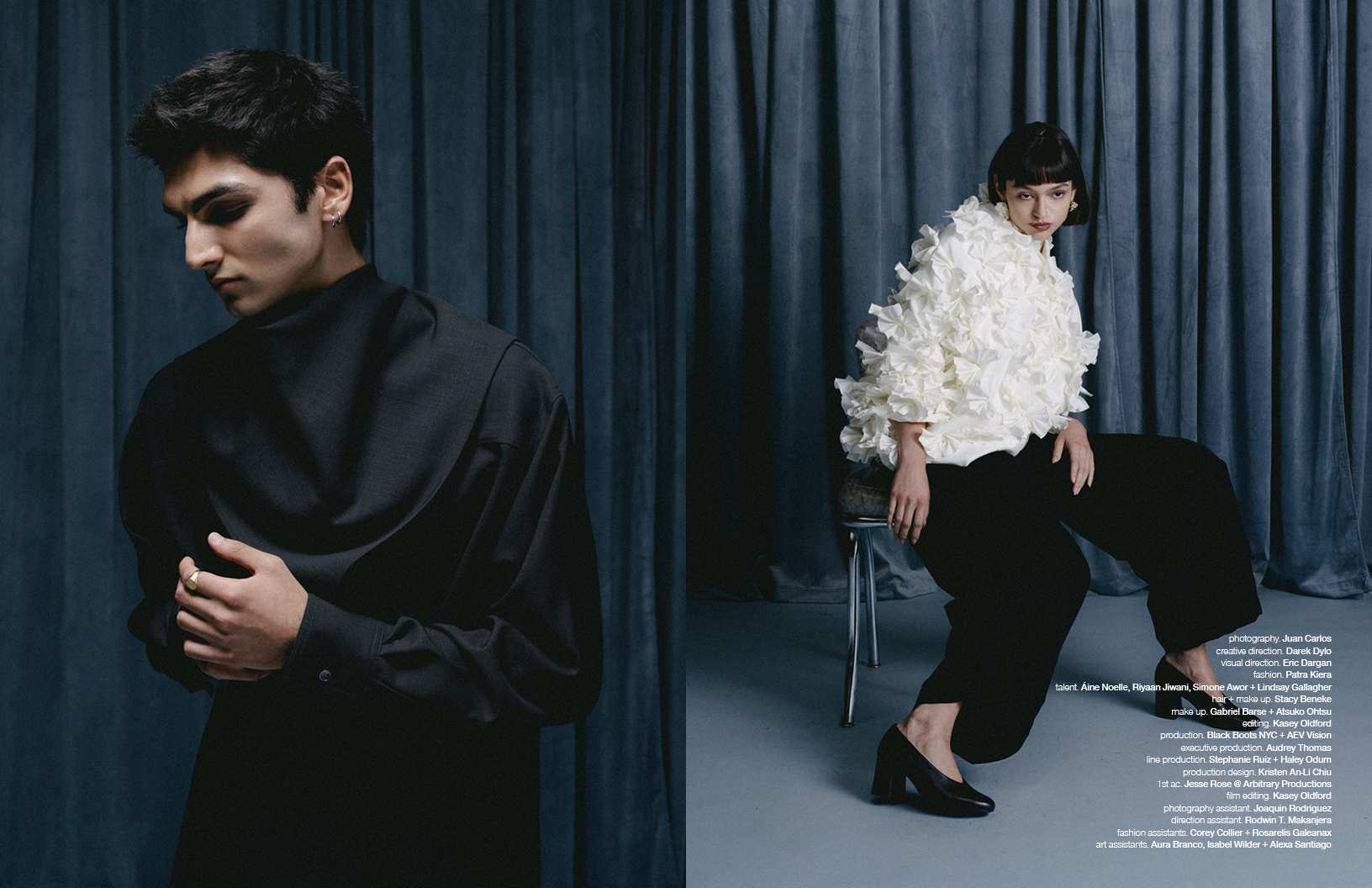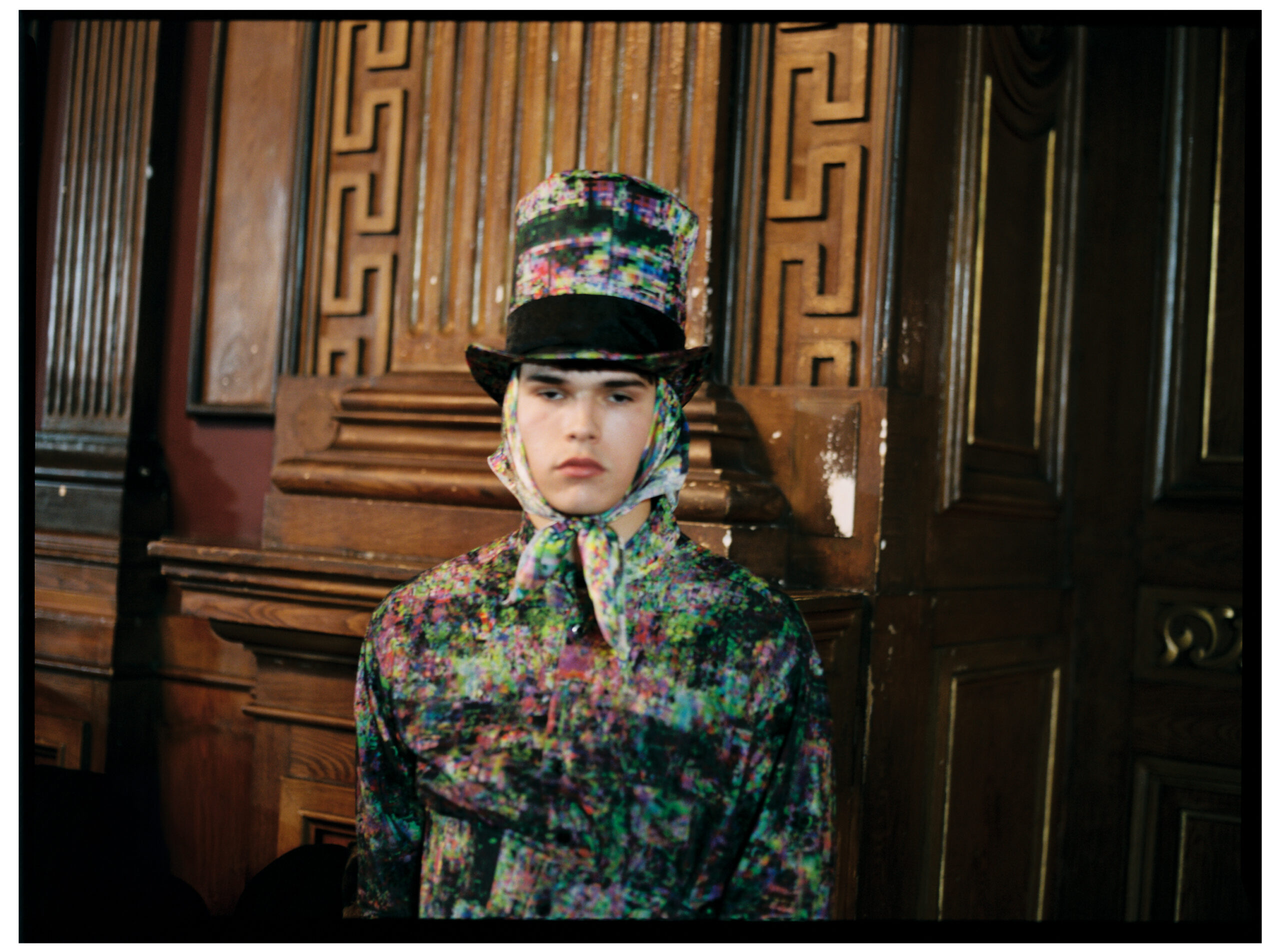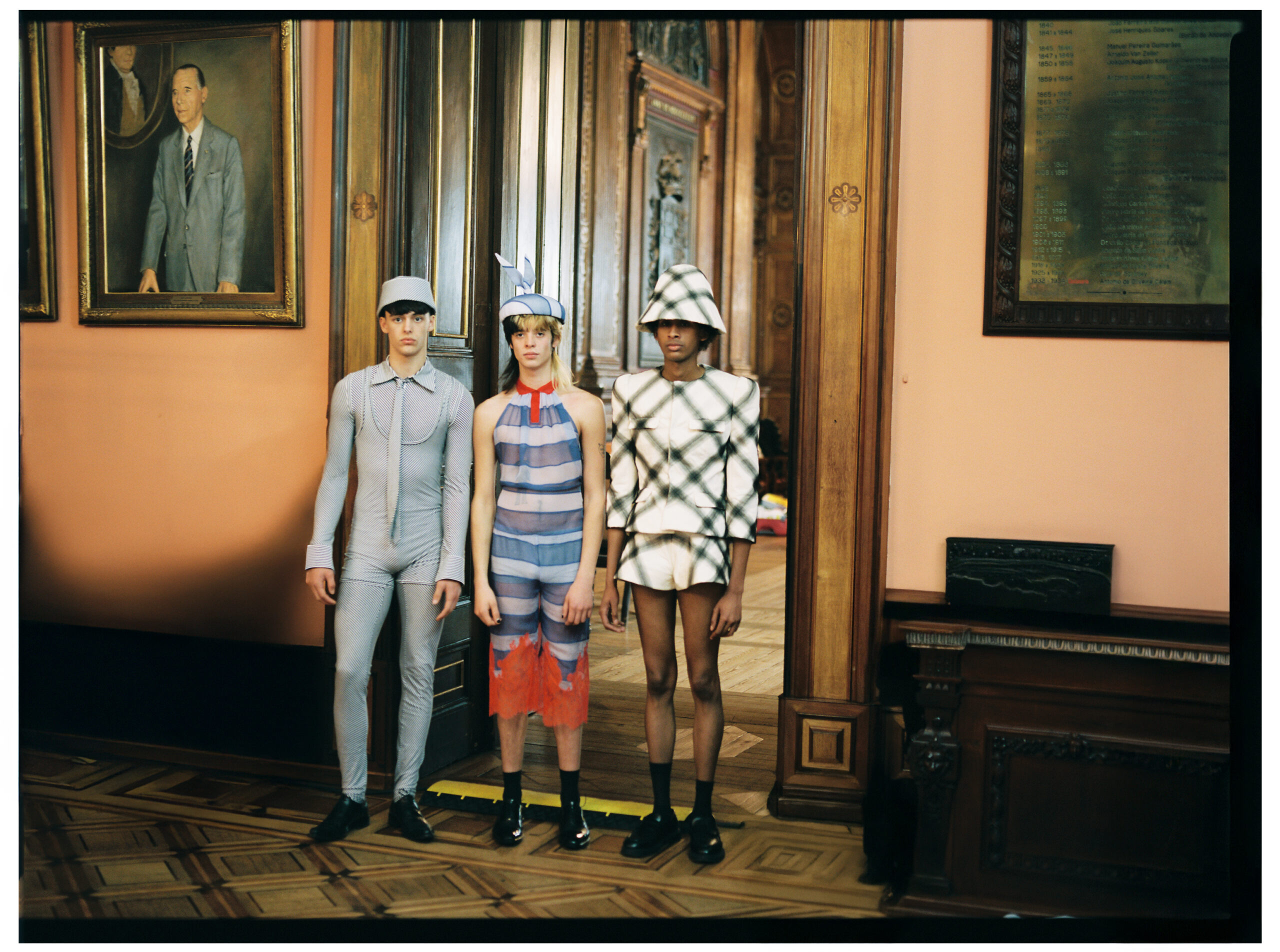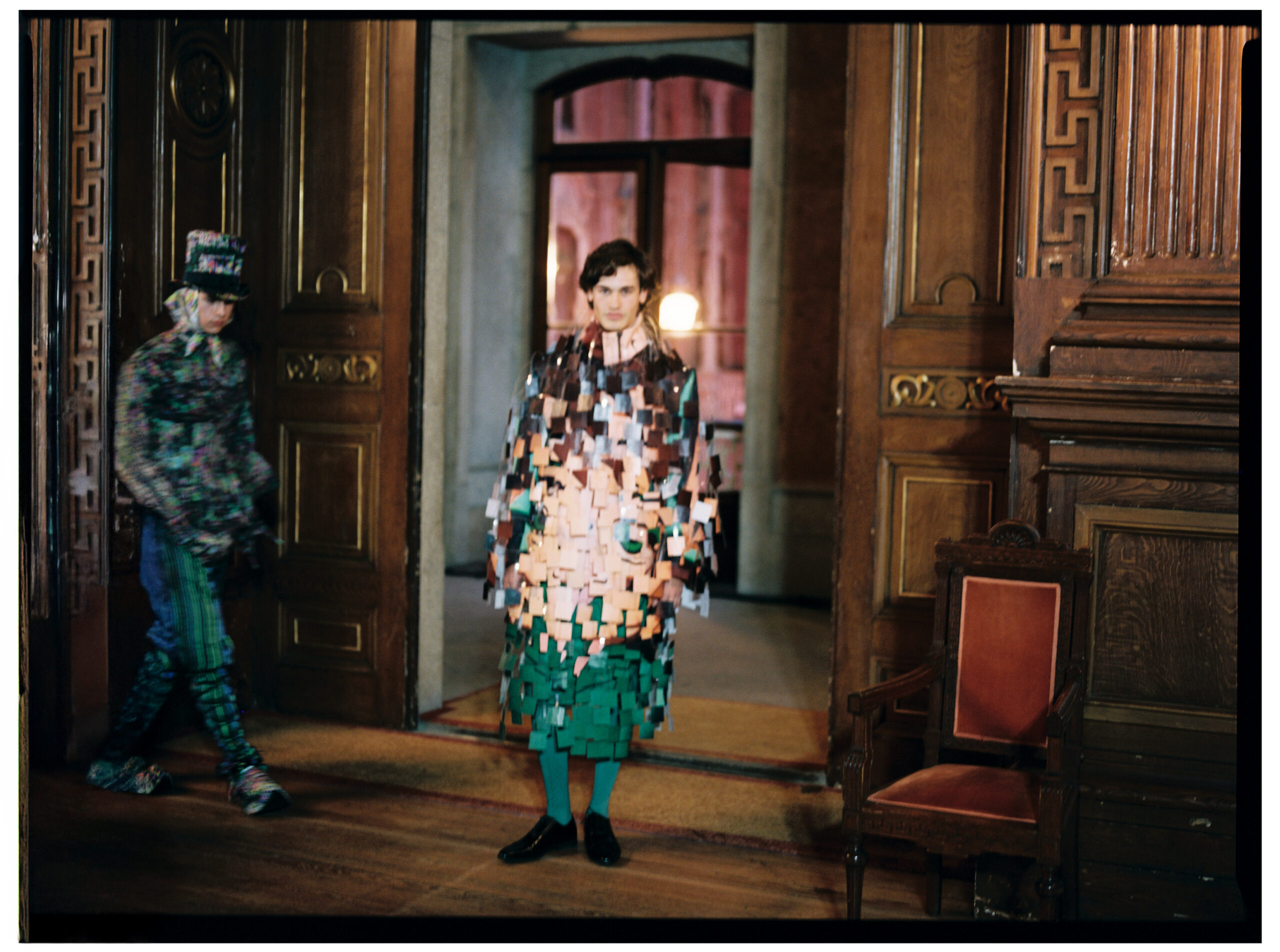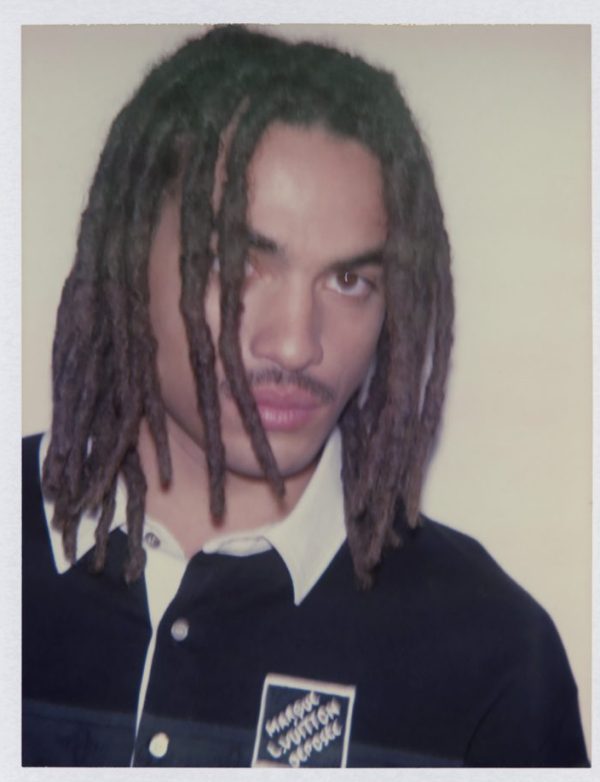
South African DJ Desiree is a groundbreaking tastemaker who embodies glamour, groove and grace. Dancefloors in Ibiza, New York, Cairo and beyond have been her playgrounds as she soars to superstardom. Wherever you catch her, you’ll be guaranteed a mystical rhythmic experience infused with soulful melodies and a touch of class and sass. Palesa Desiree Shilabje grew up in Ivory Park, a township in Johannesburg. This is where she developed and curated her extensive music selection. She prides herself on representing her home sounds to the rest of the world — a South African music diplomat if you will. When she’s not spinning decks across the globe, Desiree is breaking gender norms and etching her name into new spaces within the industry. Her adventurous style and profound musical prowess shine through her new EP Intersexy. Schön! caught up with her after its release and discussed everything Intersexy.
Congratulations on the release of Intersexy! Take us through the making of this EP. What inspired it and how does it represent the current Desiree?
I’m so happy to be able to share it with the world! I started working on the first track, Khuluma Nami, during the pandemic so it’s been a long time coming. I’m still pretty new at the production thing so I wanted to take my time. I wanted to collaborate with other artists because I feel like that enriches the final product. I collaborated with a vocalist for the first time which was a new challenge for me in my production journey. The inspiration behind the EP is basically just my life and times as an intersex woman, navigating the world as someone who doesn’t necessarily fit into the societal binary and the challenges that come with that! That definitely inspired the EP name.
What does it mean to be Intersexy?
There is of course the literal meaning: being proud to be an intersex person! But then I also see it from a more figurative perspective. For me, being Intersexy embodies embracing everything that makes us different. As an intersex person, I’ve always felt like I don’t fit in and people don’t really understand what I’m going through. But it can be extended to navigating all the challenges that come with being different. So it applies to anyone who is pushing the boundaries [in] spaces they don’t necessarily fit into or where they stand out.
You have shared your personal experience as an intersex woman with the world. How has that journey been?
It’s been overall positive! I found out that I was intersex when I was 21 and I’m 28 now so it’s been quite a while. The feedback whenever I speak about it is that people are always so grateful because they didn’t know about it before. That really makes me happy. I remember I felt very alone when I found out. I didn’t have any frame of reference so that’s why it’s really important for me to use the platform I have to draw awareness to the topic. There are quite a lot of intersex people on the planet and people just don’t know it. Many are afraid of speaking about it because they’re ashamed or they just don’t know how others will react. I hope that with me being kind of like a mouthpiece, I can educate so that people aren’t as ignorant. And if they have family or friends who are intersex they can give them support, more support than I had when I found out!
Going back to the very beginning in Johannesburg. Tell us about your story and how it influenced you?
I’m born and bred in Johannesburg. I’ve lived here my whole life and my experience in the city has definitely influenced me musically. We have a very strong music culture in South Africa so I grew up listening to South African house music which is very different from what you find in Europe. It’s maybe a little bit slower, a bit more groovy. There’s more soul in the music! I fell in love with it when I was in university and discovering nightlife for the first time. I was going out a lot with my friends and that’s when I discovered club culture. I began collecting music and making my own mixtapes. It was just a hobby. People always ask me how I did it but I don’t have a secret recipe. I think I’ve just authentically been myself from the beginning. I didn’t let the trends of the scene influence me. I think that made me stand out from a very early stage in my career.
You are notorious for blending a range of styles and melodies. How would you define your music?
I would define it as electronic music inspired by traditional African sounds. Always very groovy. The groove and the rhythm is very important as an African person because I want to dance with my whole body! As a DJ who is touring the world, it’s really important for me to give people who are not from South Africa a taste of where I come from.
The DJ world has mainly been a male dominated industry, how important is it to be a Black woman thriving in this environment?
I think a lot of people take representation for granted. Representation is important because it’s empowering to see someone who looks like you killing it. It tells you that it’s possible. I remember when I was starting there were no African women that I could take inspiration from. Of course, there were other women DJs I looked up to like Peggy Gou or Nina Kraviz, but there were no African women. It can make you feel insecure in what you’re doing because you’ve never seen anyone who looks like you. So, I’m hoping that now other little African girls are inspired to become DJs because we can do it!
What advice would you give to a young woman wanting to become a DJ?
Do not let the men tell you what to do. A lot of the time, especially in house music, there are men who will look down on you as a woman. For example, if you dress nice for your gig or if you do your makeup they’re like, ‘oh, it’s not about the makeup [or] the clothes, it’s about the music, focus on the music only.” But who says that if you look cute, you can’t also focus on the music? Why do I have to dim my femininity to make you feel more comfortable? I think that women DJs bring such a nice energy to a dance floor, that’s so needed! Be yourself and don’t listen to the men. Bring your feminine energy because that’s what the scene needs!

You’ve also launched your own record label. What can we expect from that?
I’ve launched my own record label Mmino which is the imprint that the new EP has come out on. I’m trying to showcase a different side of African electronic music. I’m very excited to share it with people. We will be releasing a lot of music from predominantly African artists but it won’t be limited to that.
Afro house is having a huge moment in the international mainstream. You’ve collaborated with the likes of Black Coffee and Keinemusik, how are you taking the sound beyond that?
Afro house is really popular but it’s just a very specific sub-genre that the world is familiar with. I want to show people that there is more to it! I have a lot of respect for Keinemusik and Black Coffee, they’ve done so much for the scene [and] for the sound, but there are also other artists [and] other sub-genres within Afro house that people don’t know about. With Mmino I’m trying to highlight that, to show that the sound isn’t one dimensional.
Does fashion influence your music?
Before I started DJing, I did some modelling in South Africa and then I tried to do fashion week in Europe for a season. When I was a kid aspiring to model, I used to watch Fashion TV. I would binge watch all the runway shows. I loved the clothes, the set design, and most importantly, I loved the music! I was really drawn to the music on the runway. I actually discovered a lot of artists that have influenced me a great deal through watching these shows. I think my love for electronic music actually began with that.
If your music was a fashion designer, who would it be and why?
I like to describe my music as very elegant. From the big brands right now, I really love what Maximilian Davis is doing at Ferragamo. Very elegant, long, lean lines. I think my music would be super nice in a Ferragamo show.
You’ve had a wonderfully successful year. What’s next for you?
Firstly I want to figure out a way of maintaining a healthy balance between touring and rest. You get into this cycle of saying yes to so many shows and that ends up being your life. For me, it’s really important to take care of my wellness and my mental health. If I do less shows, then my performance can get even better. Also, more releases on Mmino from myself and other artists and more Mmino parties are coming up. I also have an Africa tour that I’m doing in December and it’s really important for me. A lot of artists do world tours but they skip Africa! I want to show the world that there is stuff happening here. There’s really cool parties, really cool festivals, and hopefully inspire other artists to tour in Africa.
Desiree‘s new ep ‘Intersexy‘ is out now.
photography. David Reiss
talent. Desiree
words. Sarah Diab


















